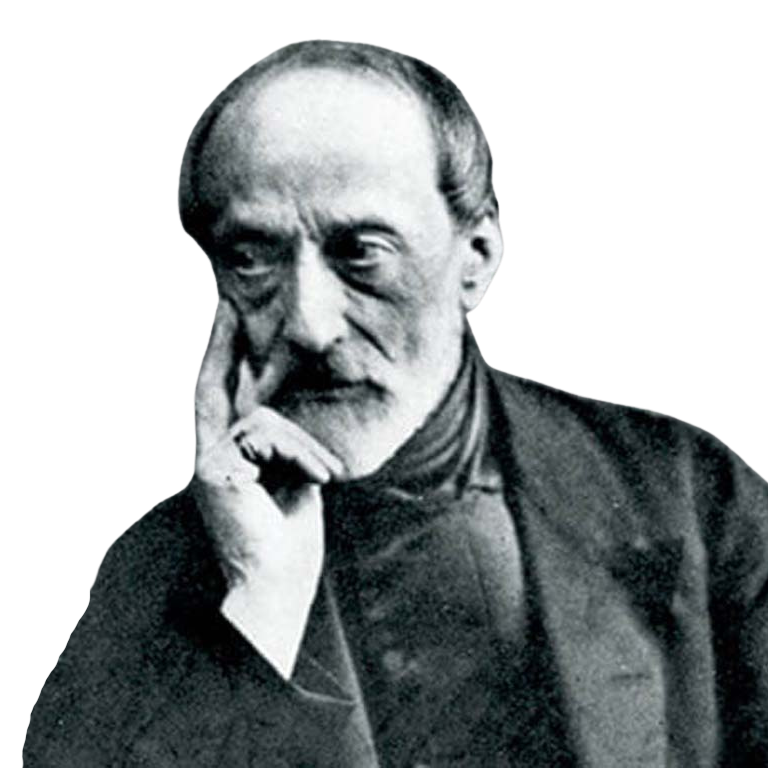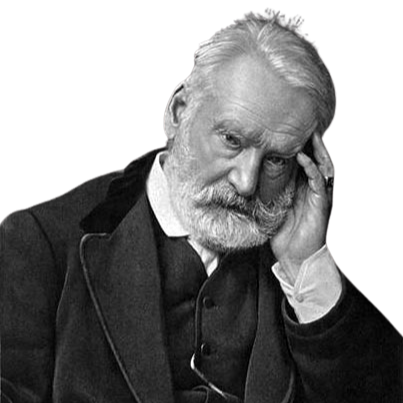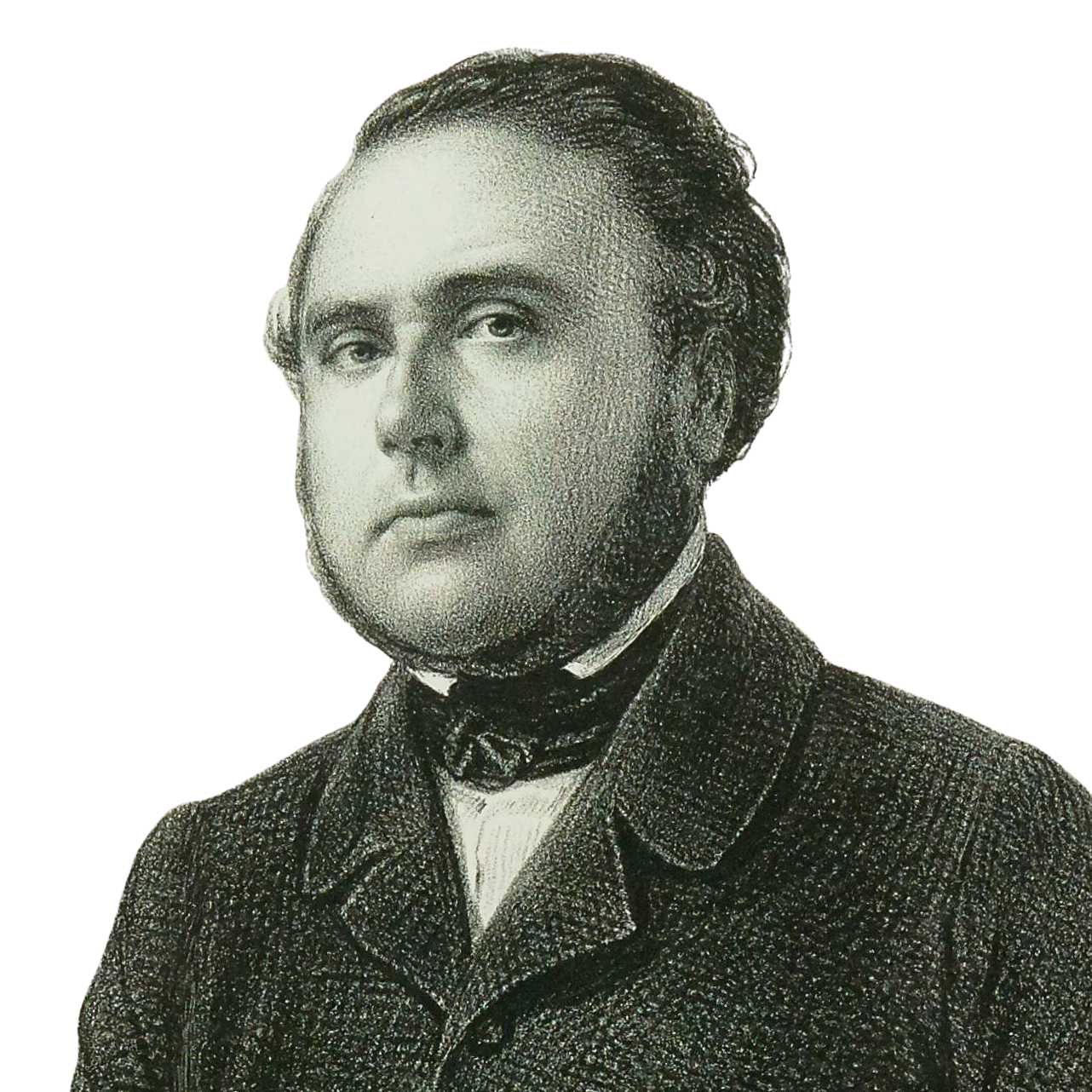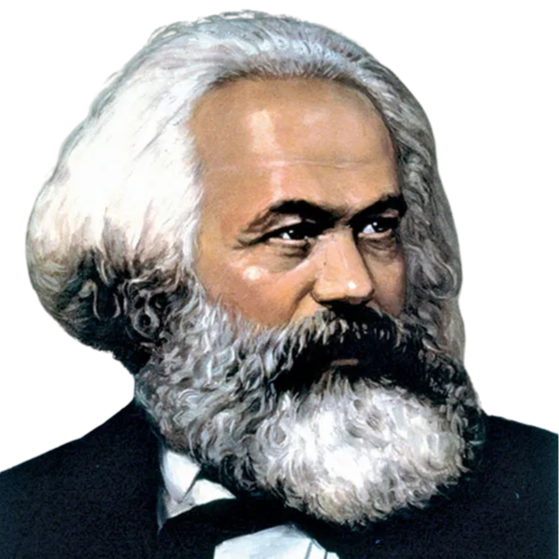
IMPORTANT FIGURES
The Revolutions of 1848 were not only about protests and governments; they were also shaped by powerful thinkers, writers, and leaders. Many of these people used their words, ideas, and courage to inspire others. The following figures played important roles in spreading revolutionary ideas and shaping Europe’s future.
Giuseppe Mazzini (Italy)
Giuseppe Mazzini was one of the leading figures of the Italian independence and unification movement. He believed that all people had the right to live in free and united nations. Mazzini founded a group called Young Italy, which encouraged young people to fight for liberty and national unity. During the revolutions of 1848, Mazzini helped establish a short-lived Roman Republic. Although it was soon defeated by foreign forces, his dream of a united Italy inspired future leaders who would eventually achieve unification.
Victor Hugo (France)
Victor Hugo was one of France’s most famous writers and poets. He believed deeply in justice, freedom, and the dignity of ordinary people. During the Revolution of 1848, Hugo supported the idea of the Second Republic and hoped it would bring equality and opportunity to France. His novels, especially Les Misérables, captured the struggles of the poor and the need for compassion and reform. Hugo’s writing helped people imagine a more just society, and his ideas continued to inspire movements for social change long after the revolutions ended.
Alexandre Ledru-Rollin (France)
Alexandre Ledru-Rollin was a French lawyer and politician who supported democratic reforms. He believed that all citizens, not just the wealthy, should have the right to vote. During the 1848 Revolution in France, Ledru-Rollin helped establish the Second Republic and pushed for universal male suffrage. Even after the fall of the republic, he continued to fight for democracy and social justice. His efforts helped shape the political debate about the rights and responsibilities of government.
Karl Marx (Germany)
Karl Marx was a German philosopher, economist, and writer who lived through the turbulent times of 1848. That same year, he and Friedrich Engels published The Communist Manifesto, a book that called for workers to unite against unfair economic systems. Marx believed that the revolutions failed because they didn’t go far enough to change who held power. His ideas about class struggle, the conflict between the rich and the poor, became highly influential in later labor movements and socialist revolutions around the world.
Lajos Kossuth (Hungary)
Lajos Kossuth was a Hungarian lawyer, journalist, and revolutionary who became the leader of Hungary’s movement for independence from the Austrian Empire. Known for his powerful speeches, Kossuth inspired Hungarians to demand freedom, democracy, and national self-rule. In 1848, he helped establish a Hungarian government that briefly broke away from Austria. Although the rebellion was crushed by Austrian and Russian troops, Kossuth became a symbol of national pride and the fight for liberty.
Friedrich Engels (Germany)
Friedrich Engels was a close friend and collaborator of Karl Marx. Like Marx, he was deeply concerned about the harsh conditions faced by factory workers during the Industrial Revolution. Engels used his own experiences and research to write about how poor living and working conditions affected people’s lives. Together with Marx, he helped spread new ideas about class struggle and workers’ rights. Engels’ clear writing and strong organization skills helped shape the socialist movement that would grow stronger after 1848.





